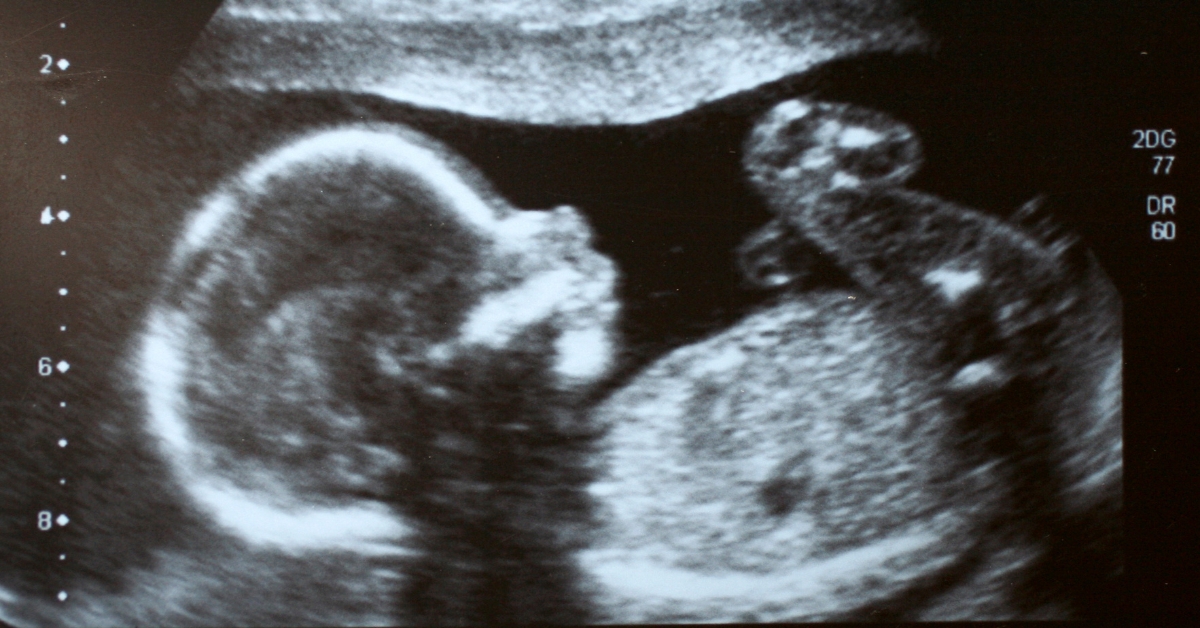
Pro-Life Hotline Can Connect Women with Doctors 24/7 to Reverse Abortion Pill
In a recent briefing for pro-lifers, Heartbeat International’s Senior Director of Medical Impact Christa Brown highlighted a concerning shift in the dynamics of abortion access and its implications. With the increasing availability of chemical abortions through telehealth services and online sources, the traditional pathway of visiting an abortion facility is becoming less common. This shift has disturbing consequences, especially for women who are victims of abuse, trafficking, or coercion.
Brown pointed out the alarming ease with which abusers can now force chemical abortions on women. She shared harrowing accounts of women being forced to consume abortion pills against their will, being locked up until they agree to abort, and even having these drugs surreptitiously mixed into their food or drink. This trend shifts the power dynamics entirely into the hands of the abuser, further endangering the well-being of vulnerable women.
This change in abortion access has also led to a decline in safe medical practices. Previously, women undergoing abortions at facilities would receive ultrasounds and informed consent, ensuring a certain level of medical oversight. Now, with many opting for at-home chemical abortions, there’s a significant drop in such safety measures. In fact, Brown noted that less than two-thirds of callers to the Abortion Pill Rescue Network had had an ultrasound, a stark decrease from previous years. This raises concerns about the accurate determination of the baby’s gestational age, potentially leading to dangerous situations for the woman.
Furthermore, the narrative that chemical abortions are safer than surgical ones is being challenged. Brown reported that these drugs are four times more dangerous than surgical abortions, with emergency department visits for abortion-related complications increasing by 400%. The mental health crisis following chemical abortions is also alarming, with one in three women reporting depression, anxiety, substance abuse, and suicidal thoughts.
Despite these grim realities, Brown highlighted a glimmer of hope through the Abortion Pill Reversal (APR) process. This involves prescribing bioidentical progesterone to reverse the effects of mifepristone, the first drug in a chemical abortion. With a success rate of nearly 70%, this process offers a lifeline to women regretting their decision to undergo a chemical abortion. Heartbeat International’s network supports this reversal process in over 86 countries, with a dedicated team of medical professionals.
Any woman who has taken an abortion pill and is having second thoughts, can call the Abortion Pill Reversal Network at 1-877-558-0333. The helpline is open 24 hours a day, 7 days a week, and it can quickly connect callers to health professionals who can help give their babies a second chance.
Brown’s report underscores the need for a more compassionate and protective approach toward women considering abortions. The ease of access to chemical abortions, which some may view as a step forward in reproductive rights, has unwittingly opened doors to new forms of abuse and medical neglect. It’s crucial to recognize the complexity of abortion decisions and ensure that women are not only fully informed but also protected from coercion and harm.














